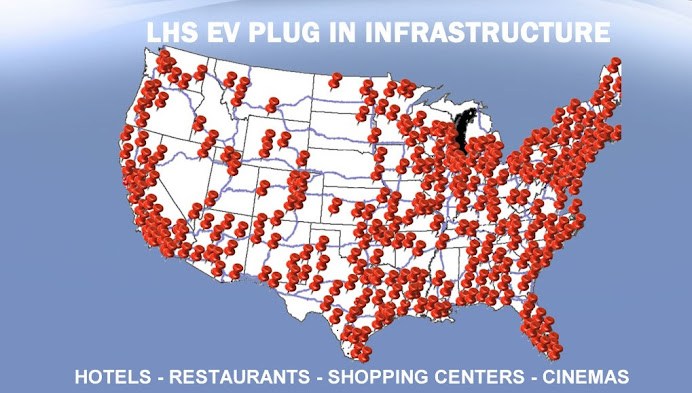Forced by worried customers but also by their shareholders, companies started their green revolution.
“Companies progressed a lot…”, says Julia Haake, in charge of firms’ partnerships at the World Wildlife Fund (WWF). “…Companies understood that Environment and Growth aren’t incompatible.” And indeed, companies are beginning to engage themselves:
· L’Oréal (cosmetics) will reduce it gas emissions by half between 2005 and 2015, as well as its water consumption and its waste production.
· Procter & Gamble (Consumer Goods) expects a 20 billion dollars turnover for its green products, which is 10 times more than in 2008.
· Philips (Consumer Goods) already has ¼ of green products in its offer and keeps on providing innovations in this matter (low consumption light bulbs, low energy consumption vacuum cleaners, etc…).
Thanks to their size and power, multinational companies can change the World faster than country regulations and more efficiently than politics. They’re also betting on their own durability. Because waking up too late, GM went to failure while Toyota was becoming the World leader in green vehicles.
Even companies that work just on limiting their impact on the environment without asking themselves what use can be done with their products won’t last for long. Planet resources are being running out and carbon taxes are beginning to be a reality. Ecological charges will appear for transport trucks and construction industry in France in 2011.
On the contrary, Toyota understood quite early the importance of producing greener cars. They launched the Prius in 1997 and had a great communication campaign when the Prius was authorized by the state of California to drive on carpools dedicated roads. And thanks to the Prius, Toyota’s reputation increased of 84% in 7 years, according to Interbrand. This had a direct impact on Toyota’s policy: Today, Toyota sells its hybrid technologies to other car manufacturers and all its vehicles will be hybrid by the year 2030.
Nowadays, the smartest companies don’t just wait for their customers to express a need; they educate their customers in order to be the leader on their market.
A green company is now a company that fully introduces green products and technology in its commercial offer. Philips recently announced that 1/3rd of ots products will be green by 2012, which is not marginal.
Strangely, the actual crisis is a good impulse for green technologies because sustainable development represents a unique opportunity for companies to differentiate themselves, to open new markets and to give value to their brands.
And crises are necessary if the World needs radical changes!!
There we are!!!

Aucun commentaire:
Enregistrer un commentaire